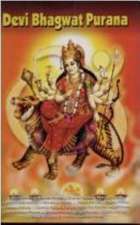Bhagavad Gita: The Beloved Lord's Secret Love Song
Autor Graham M. Schweigen Limba Engleză Paperback – 23 aug 2010
—Huston Smith, author of The World’s Religions
Graham M. Schweig’s translation of the Bhagavad Gita—the “Bible of India”—is an elegant, highly accessible version of one of the most important sacred scriptures in world religion. This beautiful translation of the famous conversation between the Hindu god Krishna and the young prince Arjuna includes a glossary, a pronunciation guide, and expert commentary for greater ease of understanding.
Preț: 83.54 lei
Nou
15.98€ • 16.73$ • 13.23£
Carte disponibilă
Livrare economică 15-29 martie
Livrare express 01-07 martie pentru 25.32 lei
Specificații
ISBN-10: 0061997307
Pagini: 368
Ilustrații: black & white illustrations, black & white line drawings, figures
Dimensiuni: 137 x 235 x 23 mm
Greutate: 0.37 kg
Editura: HarperCollins Publishers
Colecția HarperOne
Textul de pe ultima copertă
Part of an ancient Hindu epic poem, the dialogue of the Bhagavad Gita takes place on a battlefield, where a war for the possession of a North Indian kingdom is about to ensue between two noble families related by blood. The epic's hero, young Prince Arjuna, is torn between his duty as a warrior and his revulsion at the thought of his brothers and cousins killing each other over control of the realm. Frozen by this ethical dilemma, he debates the big questions of life and death with the supreme Hindu deity Krishna, cleverly disguised as his charioteer. By the end of the story, Eastern beliefs about mortality and reincarnation, the vision and practice of yoga, the Indian social order and its responsibilities, family loyalty, spiritual knowledge, and the loftiest pursuits of the human heart are explored in depth. Explaining the very purpose of life and existence, this classic has stood the test of twenty-three centuries. It is presented here in a thoroughly accurate, illuminating, and beautiful translation that is sure to become the standard for our day.
Recenzii
“Crystal clear and eminently readable.” — Ariel Glucklich, Professor of Theology (Hinduism) at Georgetown University
“The Bhagavad Gita is a religious classic; Graham Schweig’s felicitous translation deserves to be called a classic in its own right.” — Arvind Sharma, Birks Professor of Comparative Religion at McGill University, author of Our Religions
“Schweig has produced a beautifully readable, accurate and respectful translation that should become the standard text for classroom use.” — John Borelli, Special Assistant to the President for Interreligious Initiatives at Georgetown University, author of Interfaith Dialogue
“Extremely reader friendly, particularly if you have little or no prior exposure to the Gita. ” — Yoga Journal
Notă biografică
Graham M. Schweig is the author and translator of Dance of Divine Love: The Råsa Lîlå of Krishna. After completing graduate work at the University of Chicago and Harvard University, he became associate professor of religious studies at Christopher Newport University and visiting associate professor of Sanskrit at the University of Virginia. Schweig was recently a Visiting Fellow of Hindu studies at Oxford University, and has been accepted as a Visiting Fellow at Cambridge University. He has traveled to India several times where for one year, under a Smithsonian Institution-funded grant, he researched ancient handwritten manuscripts. Since an early age, Schweig has practiced various forms of meditational and devotional yoga.



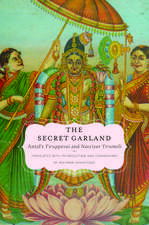
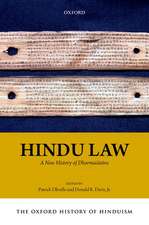


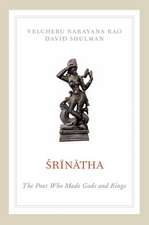
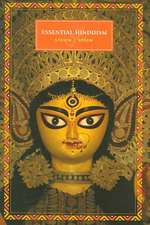


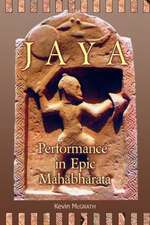
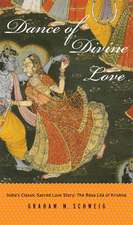
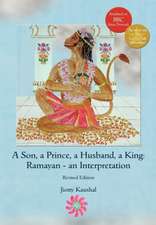
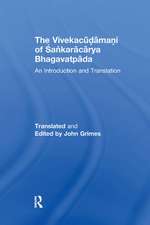
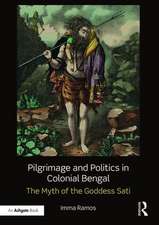
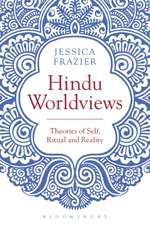

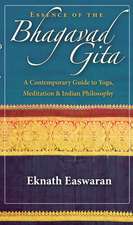
![The Complete Mahabharata [10] Santi Parva and Anusasana Parva](https://i3.books-express.ro/bt/9788129145130/the-complete-mahabharata-10-santi-parva-and-anusasana-parva.jpg)
